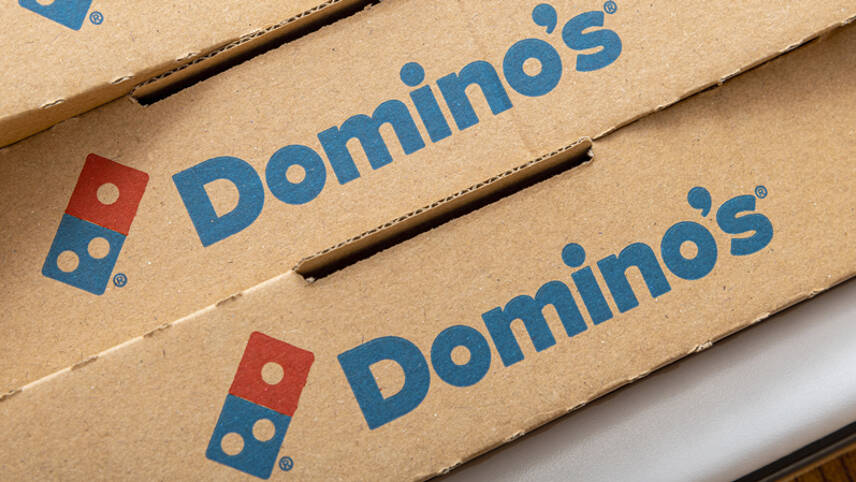Register for free and continue reading
Join our growing army of changemakers and get unlimited access to our premium content

The company will add new details on plans for cutting emissions to its next annual report
The firm has this week posted successful validation under the SBTi’s net-zero corporate standard. Launched late last year in the build-up to COP26 in Glasgow, the standard requires companies to commit to reducing their emissions by at least 90% across all scopes in their net-zero plans, to prevent an over-reliance on offsetting.
It also requires participants to set interim emissions targets through to the early 2030s in line with a 1.5C temperature pathway. These targets must cover indirect (Scope 3) emissions as well as those generated by business operations.
Domino’s Pizza Group has committed to reducing absolute Scope 1 (direct) and Scope 2 (power-related) emissions by 42% by 2031, against a 2021 baseline. Its Scope 3 emissions commitment is a 25% reduction in the same timeframe.
By 2050, the business should be generating 90% fewer emissions across all scopes than it did in 2021, to meet its verified net-zero commitment.
Domino’s Pizza Group’s chief executive Dominic Paul said the business will provide a “more detailed update” to its sustainability strategy, including a roadmap to achieving its new emissions targets, in its next annual report.
He said: “Climate change is one of the greatest challenges of our time, and addressing this is not only a moral imperative but makes good business sense. We are pleased to have received the SBTI’s approval for our net-zero target, which is another important milestone in our longstanding commitment to reducing Domino’s environmental footprint.”
The news comes as other parts of the global Domino’s business develop verified science-based targets to cut emissions. Domino’s Pizza Enterprises, in Australia, applied to the SBTi last year under the net-zero standard. Domino’s Pizza LLC, in the US, made the same application earlier this year.
Influential food investor coalition FAIRR, representing $11trn, stated in June that its engagement work over the past 12 months had resulted in Domino’s and five other major fast food brands agreeing to develop science-based targets. The other brands were Chipotle Mexican Grill, McDonald’s, Restaurant Brands International (owners of Burger King), Wendy’s Co. and Yum! Brands (owners of KFC, Pizza Hut and Taco Bell).
So far, 1255 organisations have signalled their intent to develop targets aligned with the SBTi’s net-zero standard. Other firms with approved targets include Burberry, Aecom, Capgemini, Dentsu, Jacobs, JLL, Orsted and Philip Morris International (PMI).


Please login or Register to leave a comment.